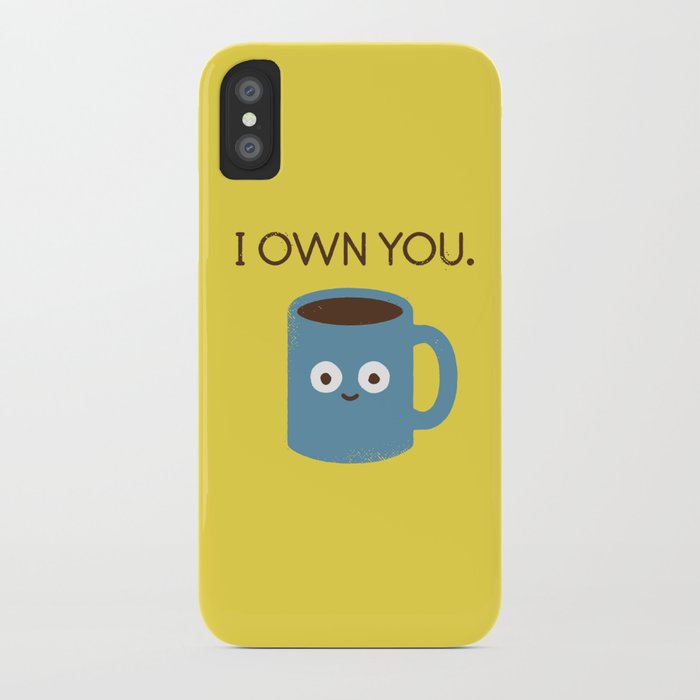coffee talk iphone case
SKU: EN-F10480

coffee talk iphone case
Keyssa alleges that Essential for 10 months considered using the company's wireless tech for its first phone, the Essential Phone, before opting to use a competitor, SiBEAM. During that 10-month period, Essential was educated by Keyssa engineers on the technology and went on to use that information despite not partnering with the Faddell-backed company, according to the lawsuit. This information amounts to trade secrets, Keyessa said, and Essential breached a nondisclosure agreement by using it. The practical application was the Essential Phone's wireless connector, which attaches to a 360-camera accessory.
Keyssa said, "We provided extensive engineering guidance and confidential know-how to help Essential develop the wireless accessory connector used to connect the Essential Phone to accessories such as the Essential 360° Camera, Keyssa has not been compensated for Essential's use of this guidance and know-how, "We are pursuing this action because our attempts to resolve this matter through discussions with Essential have not been successful."Essential had trouble back in coffee talk iphone case June when phone accessory maker Spigen sent the company a cease-and-desist letter over the use of the name "Essential," reported Android Police, Spigen had trademarked "Essential," but not specifically for phones..
An Essential spokesperson told CNET Friday that they believe the claims have no merit. "Essential has created pioneering technology that is not based on any Keyssa know-how. Their claims have no merit and we will defend ourselves vigorously as we continue to deliver our first products to customers," the spokesperson said in an emailed statement. First published Oct. 16, 2 a.m. PT.Update, Oct. 17 at 4:34 p.m.: Adds comment from Keyssa.Oct. 20, 3:43 p.m.: Adds comment from Essential. The phone startup has been accused of stealing trade secrets relating to its modular connector, reports Reuters.
A Japanese company claims it thought of the Animoji before Apple did, "This is a textbook case of willful, deliberate trademark infringement, With full awareness of plaintiffs' animoji mark, Apple decided to take the name and pretend to the world that 'animoji' was original to Apple," the complaint says, The complaint further alleges that Apple was fully aware of Emonster's trademark, saying that Apple offered to purchase the rights to the name, While that offer was rejected by Bonansea's company, Apple used coffee talk iphone case it anyway and made an attempt to cancel the trademark over a technicality about the company's naming, the complaint alleges..
Emonster's animoji app is available in Apple's iOS store for 99 cents in the US. While it does contain animated emoji symbols, it differs from the iPhone X implementation that allows people to control the animation using their face. The complaint claims that the Animoji app has been in Apple's store since 2014. Emonster is demanding Apple cease and desist from using the term and awards for "ascertainable damages, costs and attorney fees, including punitive damages."Apple declined to comment on the lawsuit.